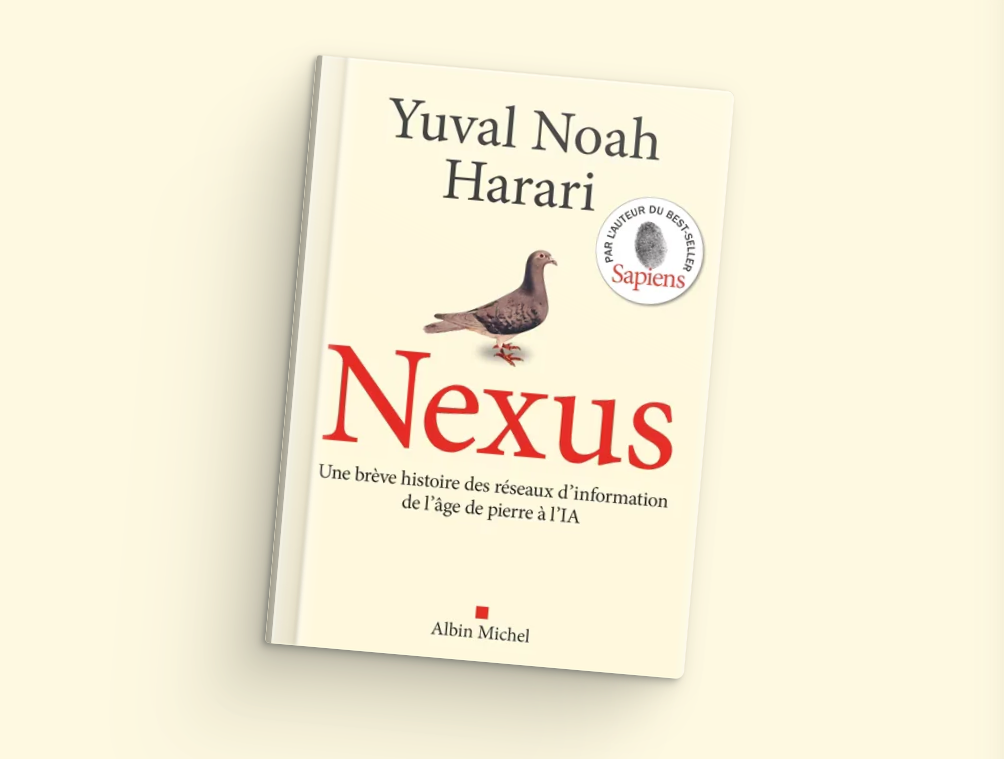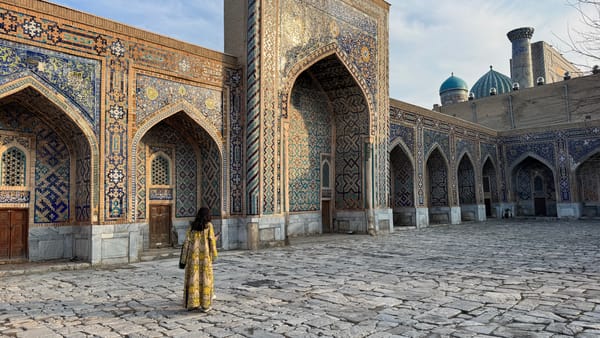Nexus by Yuval Noah Harari – Read or not?
Nexus explores how information networks have shaped civilization, from the first written words to the rise of the internet. Published before the explosion of AI tools like ChatGPT the book remains relevant.

I should be more disciplined in sharing my readings. Let’s get back to the exercise. I just finished Yuval Noah Harari's Nexus: A Brief History of Information Networks from the Stone Age to AI.
Harari has a talent for taking big, sweeping ideas and distilling them into something digestible. Nexus: A Brief History of Information Networks from the Stone Age to AI is exactly that—an ambitious attempt to map out how humans have built, expanded, and wielded networks of information to shape the world as we know it. From the invention of writing to the rise of the internet, the book moves quickly through history, showing how each leap in information-sharing has been both an opportunity and a risk.
One of the things I appreciate about Nexus is its accessibility and I am sure that people who do not work in tech will learn plenty. Harari doesn’t just talk about technology—he makes you feel the weight of history, the consequences of every shift. The printing press didn’t just make books cheaper; it fueled revolutions. The telegraph didn’t just connect continents; it changed how wars were fought. And, of course, the internet didn’t just give us infinite knowledge—it reshaped politics, culture, and power structures in ways we’re still trying to understand.
What’s particularly striking is that Nexus was published in 2022—before ChatGPT, before generative AI truly became mainstream. And yet, it doesn’t feel outdated. If anything, it’s almost eerie how well it anticipates the dilemmas we’re facing now. The book doesn’t just look backward; it warns us about the dynamics that will continue to play out as AI, automation, and information control become the defining struggles of the 21st century.
That said, Nexus is very average. Some of its broad strokes feel a little too neat, and I found myself wanting more depth in certain areas—especially on modern AI and how it might evolve beyond the centralized information networks Harari describes. But as a historical framework? It’s solid. It gives you the tools to make sense of where we’ve been and, maybe, a way to think about where we’re headed.
Would I recommend it? If you’re into history, technology, or just trying to make sense of how we got here—Maybe. It’s not a roadmap for the future, but it’s a damn good map of the past. And sometimes, that’s what we need to figure out the road ahead.
Rate: 3.5/5



